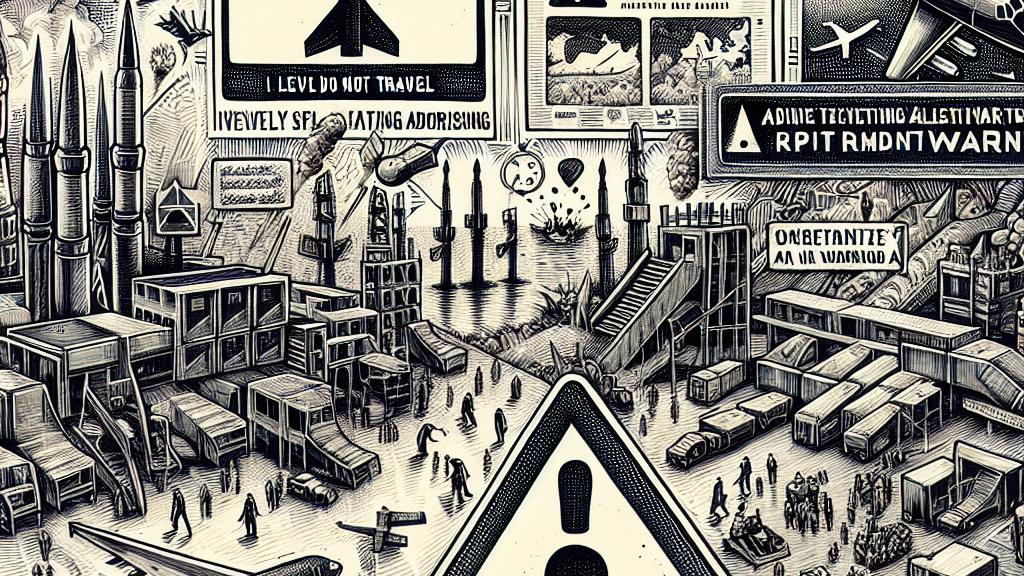Travel Alert: US Warns Citizens to Avoid Lebanon Amid Rising Israel-Hezbollah Conflict!
Overview
- US issues a Level 4 travel advisory for Lebanon due to escalating tensions between Hezbollah and Israel.
- Recent violence, including a devastating rocket attack, heightens safety concerns for travelers.
- Americans in Lebanon are critically advised to evacuate and stay updated on security measures.

Current State of Affairs in Lebanon
The United States has escalated its travel advisory for Lebanon to Level 4, which indicates a strict 'Do Not Travel' warning. This decision was fueled by heightened tensions linked to ongoing hostilities between Israel and Hezbollah, particularly following a tragic rocket attack from Hezbollah that claimed the lives of 12 children in Israel’s Golan Heights. This incident triggered a series of Israeli airstrikes targeting Hezbollah positions in Lebanon, underscoring the fragility of security in the region. The backdrop of increasing violence in Gaza has created a perfect storm, making Lebanon particularly perilous for both residents and foreign visitors.
Implications for American Nationals
For American citizens currently in Lebanon, the U.S. State Department has issued explicit guidelines urging them to consider departing the country as soon as safely possible. The U.S. Embassy emphasizes that Americans must remain vigilant, especially in southern Lebanon and in refugee settlements, where risks of violence and kidnapping are significantly elevated. The embassy is operating under strict security protocols, meaning consular support may be limited. Those in Lebanon are encouraged to register with the Smart Traveler Enrollment Program, providing their information so that they can receive important security updates and crucial information related to travel safety.
Broader Geopolitical Concerns and Future Outlook
The escalating tension between Israel and Hezbollah is symptomatic of deeper geopolitical challenges facing the Middle East. The long-standing enmity between these two groups often spills into violence, complicating the already intricate politics of the region. Moreover, the potential for further escalation could not only endanger local populations but also disrupt international relations and security dynamics. Understanding this complex historical context is essential for anyone considering travel to Lebanon or neighboring areas. As the conflict intensifies, being informed and prepared becomes critical; travelers must heed these advisories seriously to safeguard their well-being.

Loading...